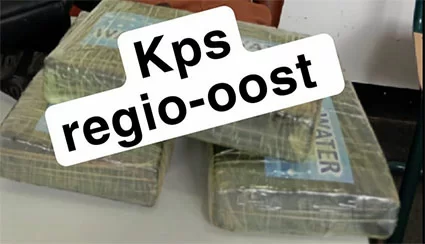The United States Department of State has escalated its travel advisory for Venezuela to its highest level, issuing an unequivocal directive for all American citizens to depart the South American nation immediately. This urgent warning cites a perilous and rapidly deteriorating security environment, compounded by the risk of wrongful detention and the near-total collapse of the country’s healthcare infrastructure.
The advisory underscores a constellation of critical threats facing U.S. nationals, including the high potential for arrest on unsubstantiated charges by Venezuelan authorities. The document highlights the severely limited capacity of the U.S. Embassy in Caracas to provide emergency consular services, leaving Americans without reliable support in crisis situations. This limitation is attributed to the reduced diplomatic presence following the 2019 withdrawal of most U.S. government personnel.
Background context reveals this advisory occurs amidst protracted political turmoil and a severe economic crisis in Venezuela. Relations between the U.S. and the government of Nicolás Maduro remain intensely strained, characterized by extensive sanctions and non-recognition of his administration by Washington. The warning reflects broader geopolitical tensions in the region and serves as a significant indicator of the breakdown in bilateral diplomatic channels.
The immediate implications are severe for any Americans choosing to remain, potentially facing extreme hardship without consular protection. This development also signals a likely further deterioration in U.S.-Venezuela relations, potentially foreshadowing more aggressive foreign policy measures. The advisory will undoubtedly impact humanitarian operations and any remaining commercial interests, effectively isolating Venezuela further from international engagement.









